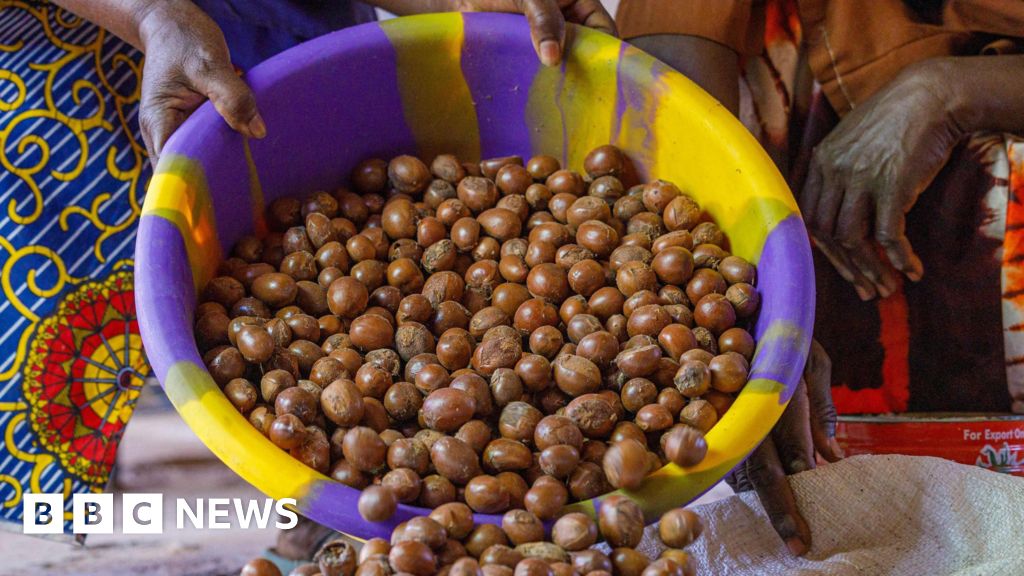Nigeria has announced a six-month ban on the export of raw shea nuts from which many beauty creams are made. This strategic move is intended to enhance the trade's profitability, as Nigeria is currently missing out by not producing enough shea butter locally. The country contributes to nearly 40% of the world's annual shea crop, yet only accounts for 1% of the $6.5 billion global market, a scenario that has been labeled 'unacceptable' by Vice-President Kashim Shettima.
The raw shea nuts are harvested and then go through processes including crushing, roasting and boiling to extract oil for shea butter used in cosmetic products. Additionally, this butter plays a significant role in the food industry for manufacturing sweets like chocolate and ice creams, also finding application in pharmaceuticals.
With the aim to empower local farmers, who are often exploited by traders, the ban encourages local refining of shea products and aims to elevate earnings from $65 million to $300 million per year. Agriculture Minister Abubakar Kyari highlighted that a substantial portion of Nigeria's shea nuts are lost to informal trade, affecting the livelihoods of local farmers. Experts believe that with this ban, the future of shea nut processing looks promising, potentially creating jobs and increasing revenue for the government.
The raw shea nuts are harvested and then go through processes including crushing, roasting and boiling to extract oil for shea butter used in cosmetic products. Additionally, this butter plays a significant role in the food industry for manufacturing sweets like chocolate and ice creams, also finding application in pharmaceuticals.
With the aim to empower local farmers, who are often exploited by traders, the ban encourages local refining of shea products and aims to elevate earnings from $65 million to $300 million per year. Agriculture Minister Abubakar Kyari highlighted that a substantial portion of Nigeria's shea nuts are lost to informal trade, affecting the livelihoods of local farmers. Experts believe that with this ban, the future of shea nut processing looks promising, potentially creating jobs and increasing revenue for the government.




















